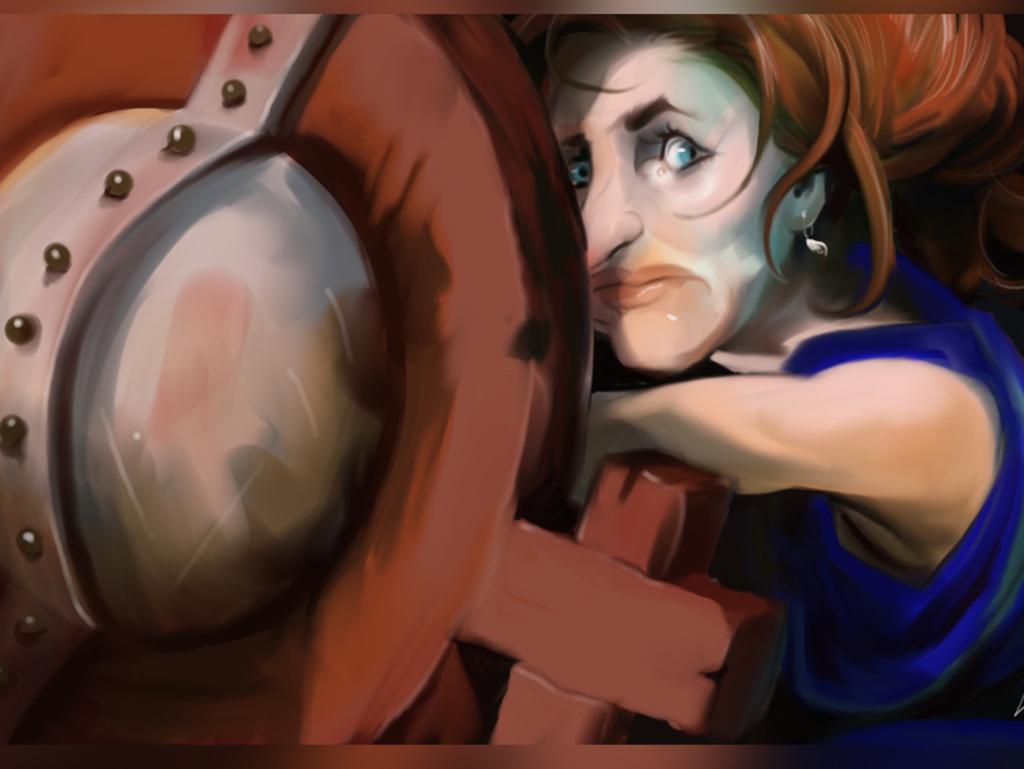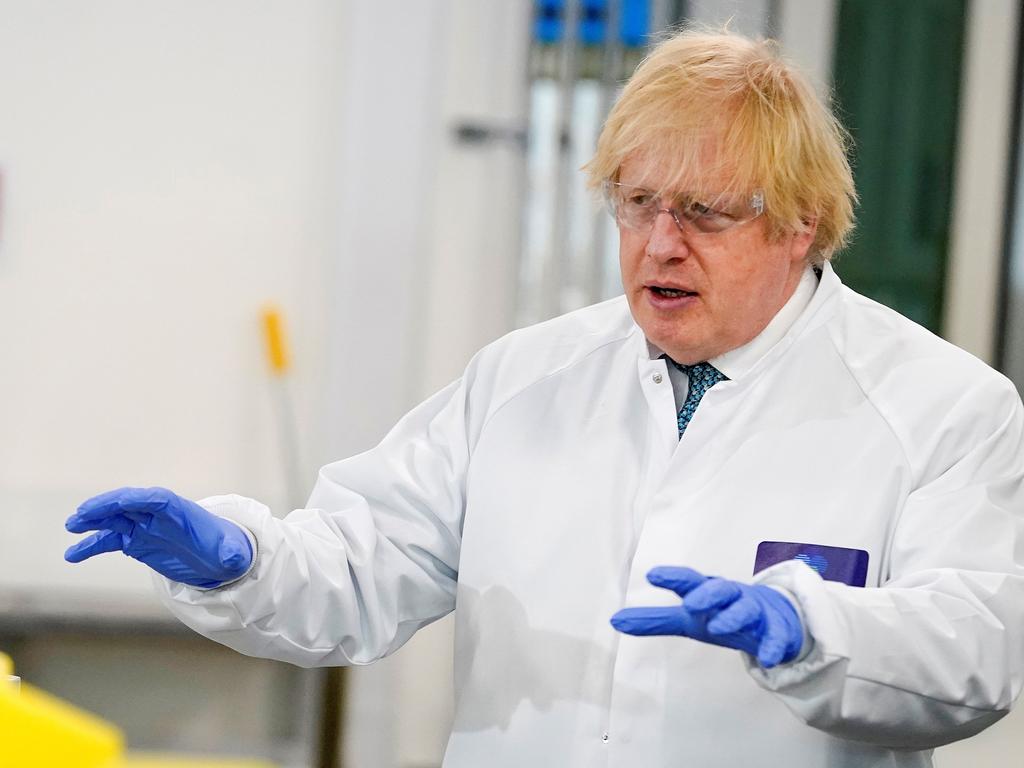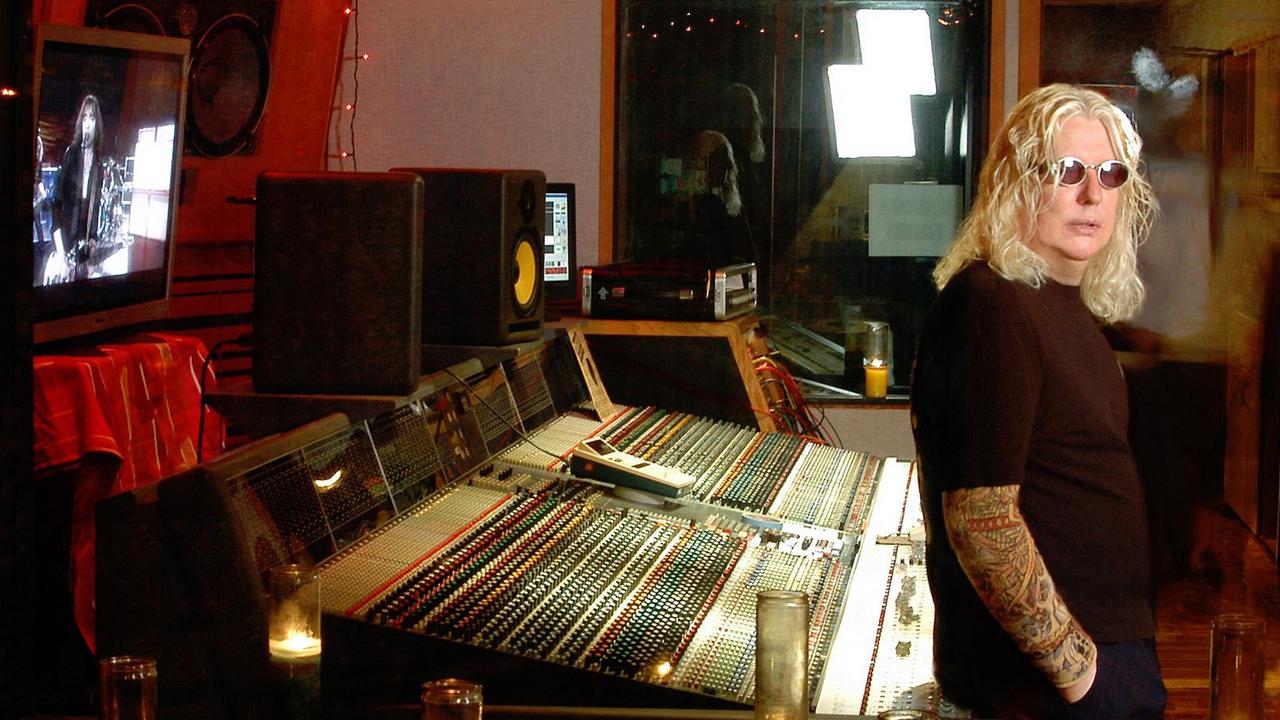JK Rowling turns political, personal while on a crusade to prevent other women from being ‘cancelled’
Why has former darling of the left JK Rowling torn down her own mythology by wading into a toxic argument, alienating a generation raised on her books?
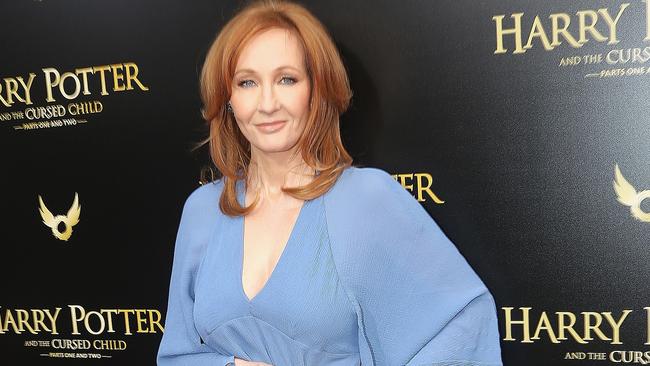
For more than 20 years, JK Rowling has been as popular as she is private – but in the past seven days the best-selling author has willingly torn down her own mythology. First, she commented on transgender issues, leading to a stream of abuse and even threats of book burnings, and then she shared deeply painful memories of domestic violence and of sexual assault. Harry Potter had gone political, then personal.
The toxic argument between some feminists and the trans lobby has long been one where most grown-ups fear to tread (a famous writer I approached for a comment replied: “No way! It’ll make my next week hell”) but Rowling waded in. Initially, she objected to the phrase “people who menstruate” to describe biological women, then she doubled down: “If sex isn’t real, the lived reality of women globally is erased.”
If sex isn’t real, there’s no same-sex attraction. If sex isn’t real, the lived reality of women globally is erased. I know and love trans people, but erasing the concept of sex removes the ability of many to meaningfully discuss their lives. It isn’t hate to speak the truth.
— J.K. Rowling (@jk_rowling) June 6, 2020
Swiftly she was accused of transphobia, while others lauded her for standing up for her sex.
The Potter triumvirate – Harry, Hermione and Ron – piled in. Daniel Radcliffe, 30, who owes his $172 million fortune to playing the protagonist in the films based on her books, said: “It’s clear that we need to do more to support transgender and non binary people, not invalidate their identities.” Emma Watson, 30, who made her name starring as Hermione Granger, asked her followers to donate money to the transgender charity Mermaids. Rupert Grint, 31, who took the role of Ron Weasley, said: “I … echo the sentiments expressed by many of my peers: trans women are women; trans men are men.”
Why has Rowling, 54, entered such a contentious debate? Friends say that for her this is a crusade. They talk about her deep commitment to, and knowledge of, feminism, and that she began to feel obliged to intervene, believing that other women – with lesser platforms – were being silenced and punished. In internet parlance, they were being “cancelled”, meaning boycotted and shamed.
The Potter division is indicative of a broader generational chasm: that while many young people – including feminists – are vociferous advocates for the rights of trans people (less than 1 per cent of the population), there are many, mostly older feminists who believe women’s rights are being forfeited by a movement seeking to erode the idea that women are a separate political and biological group.
The writer and activist Paris Lees, who invited Rowling to a meeting in the wake of her comments, says: “People say we’re just talking about biological reality, but it’s biological reality to say someone is old, or overweight. It’s rude to keep bringing that up.” Meanwhile, there are feminists who argue that those hard-won rights, especially to single-sex spaces such as women’s jails and refuges – are based in exactly that “biological reality”.
Rowling first entered the trans debate last December in defence of Maya Forstater, a tax expert whose employment contract was not renewed after she wrote on social media that “men cannot change into women”. Rowling tweeted: “Dress however you please … But force women out of their jobs for stating that sex is real?”
Dress however you please.
— J.K. Rowling (@jk_rowling) December 19, 2019
Call yourself whatever you like.
Sleep with any consenting adult who’ll have you.
Live your best life in peace and security.
But force women out of their jobs for stating that sex is real? #IStandWithMaya #ThisIsNotADrill
A friend of Rowling’s says she switched her phone off immediately afterwards: “She hadn’t taken advice on that [tweet], but she had her publisher behind her.” Forstater, who exchanged messages with Rowling afterwards, says: “JK Rowling has shown she won’t be cancelled; she’s almost the only person who can’t be cancelled for speaking out on this – she’s too successful.”
Advance sales of the hugely popular Harry Potter and the Cursed Child stage play took a hit in the immediate aftermath, according to a source close to the production. The producers deny this, however. “After that statement, things went into a slight meltdown,” said the source. “The people who care most about this are millennials who saw Harry Potter as a refuge in a cruel world, and felt that was undermined. The franchise people despaired.”
A friend concedes: “Jo [Joanne] knows the commercial partners would rather she didn’t say anything, but her publishers recognise she has a right to speak her mind.” There are worries this renewed attention will further damage fans’ perception of the Harry Potter brand.
Yet Rowling will be insulated from the aftermath. “She has this extraordinary protective ring around her,” says a source in the arts industry. This includes her publisher at Hachette, David Shelley, who runs the UK arm of one of the world’s biggest publishing groups; her PR adviser, Mark Hutchinson, who has been with her from the beginning; and her agent, Neil Blair. All have always been exceedingly vigilant in protecting her interests.
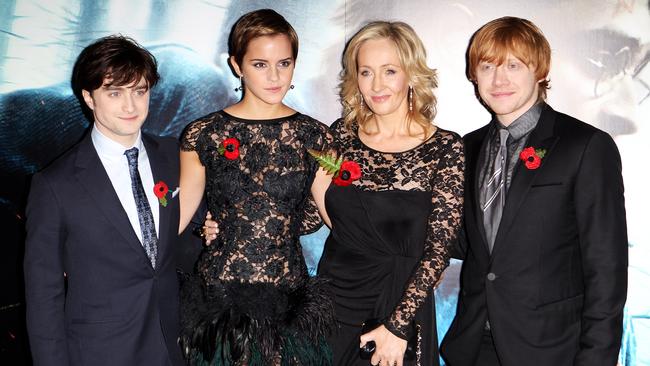
Rowling is a private person, mistrustful of most journalists, but with a huge circle of friends. Every couple of years, hundreds attend lavish parties at Killiechassie House, her home in Perth and Kinross. The most recent was a steampunk-inspired New Year’s Eve party at which Queen played. Watson attended another recent party dressed as Wonder Woman.
“It’s an absurd event,” says a friend. “Very elaborate, with these big bands. She’s aware that it’s a preposterous way to spend money, so she donates an equivalent sum of money to charity.”
Before the trans furore, Rowling had been a darling of left-wing politics. She had forfeited billionaire status by giving so much money to charity and paying all her taxes.
Rowling’s rags-to-riches story is well known; how she went from being a single mother on benefits to writing the first Harry Potter book in an Edinburgh coffee shop as her baby daughter, Jessica, slept. She revealed last week that she had felt forced to raise her daughter alone after her first husband, the Portuguese former journalist Jorge Arantes, was violent towards her. In a 2010 essay she explained how the welfare state had saved her: “When my life hit rock bottom, that safety net, threadbare though it had become under John Major’s government, was there to break the fall.” Politically, friends describe her as “a soft-left liberal”, and a great believer in free speech.
Would she mind that the young actors whose fortune she made were attacking her? “She wouldn’t say that they owe her anything, but she might prefer it if they didn’t do it publicly,” says a friend. “But she’d never object to them saying what they think.”
This is not her first political intervention. Rowling, who was friendly with both the former chancellor Lord Darling and Gordon Brown’s wife, Sarah, gave $1.8 million to the Better Together campaign in Scotland before the referendum, shoring it up when its funds were depleted. This provoked the ire of Scottish nationalist trolls.
And there were controversies before that. “In the US, she was accused of encouraging witchcraft,” says one friend. “Then she got grief from the left for criticising Jeremy Corbyn.”
Much of the recent abuse Rowling has received online has been misogynistic and ageist. One of the nastiest criticisms was that she had “weaponised” her domestic and sexual abuse.
Sharron Davies, the television presenter and former Olympic swimmer, experienced a similar reaction when she raised concerns last year about transgender athletes competing in women’s sporting events. For nearly a year she has been bombarded with “horrendously misogynistic and aggressive” abuse online. “The language used is disgusting,” says Davies. “JK Rowling and I have never spoken that way – we have been scientific, factual, never abusive or detrimental to people’s rights and safety. We are not against anyone who is transgender, but we believe in biology. I think Rowling is incredibly brave, but I’d add that Twitter isn’t the world. I get stopped in the street all the time and thanked by fathers, husbands and many, many women.”
Even Rowling’s magic touch will not strip the toxicity from this debate online, though. “I don’t know why anyone would touch this issue,” says a PR industry source. “As a public figure, you are just covering yourself in petrol and setting yourself on fire.”
The Times

